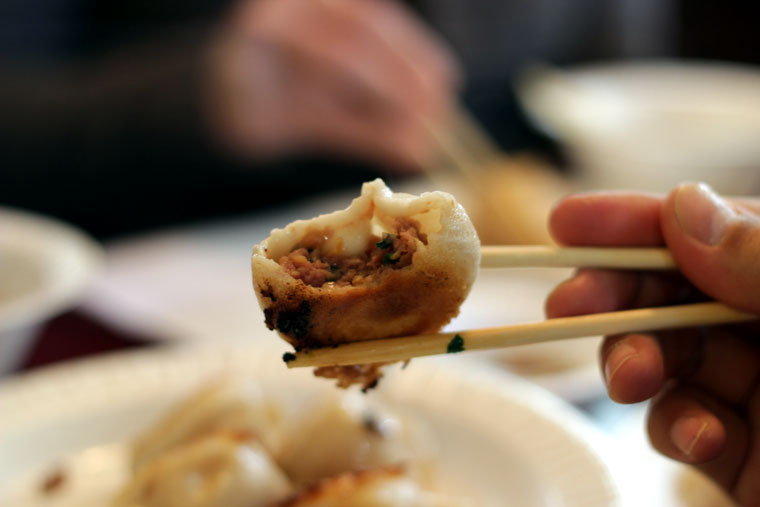“Savor the most fleeting delights of your days.”
—Author Unknown

Image from theeatenpath.com
The word “savor” makes me think of appreciating of a fine meal with, perhaps, a glass of excellent wine.
Surely none of us would inhale that meal or guzzle that wine the way we would a burger and soda from a fast food chain!
Unfortunately, many of us race from one activity to another throughout our days, trying to be optimally efficient, and of course, highly productive.
What does running this rat race cost us in terms of our happiness and life satisfaction?
What would be the value and benefit of slowing down to truly savor and appreciate the delights of your day?
EXERCISE:
Consider creating a time log to identify where your time goes in a typical workday or weekend.
How and where will you do less, or stop doing some activities, in order to do more of, or start savoring, the things that delight you?


